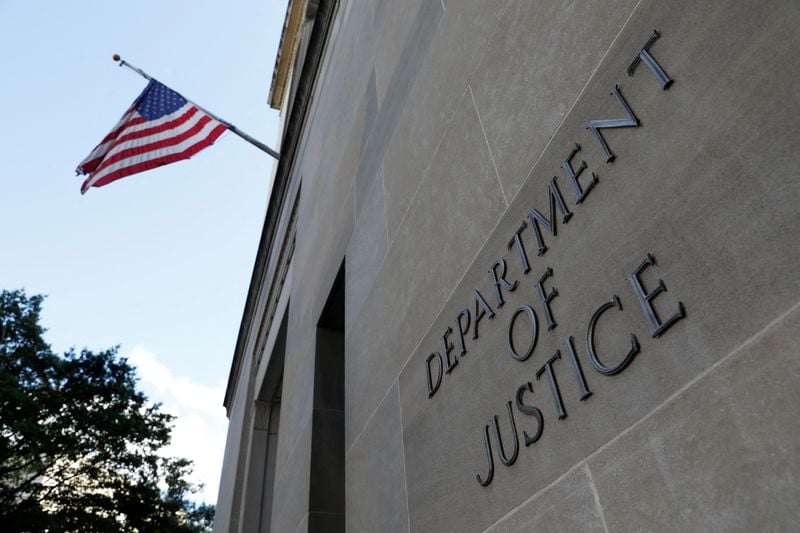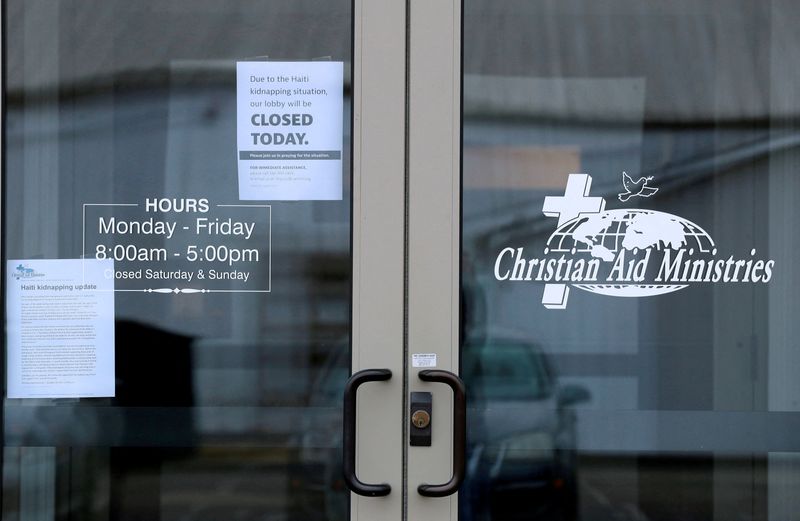FRANKLIN TWP., N.J. – Multiple law enforcement agencies are searching for three men who broke into a Franklin Township home and robbed the homeowner at gunpoint.
Acting Somerset County Prosecutor Annmarie Taggart said the home invasion that occurred in the area of Cedar Grove Lane in Franklin Township during the early morning hours on Saturday.
“Acting Prosecutor Taggart stated that on Saturday, April 30, 2022, at approximately 12:34 a.m., Franklin Township Police Department responded to a 9-1-1 call to a residence within the area of Cedar Grove Lane. Upon arrival, the homeowner reported to police that three unidentified males armed with handguns, which were identified as wearing ski masks and gloves forced their way into the residence through the garage entrance. The three males demanded money from the homeowner. The homeowner turned over an undisclosed amount of cash to the suspects who subsequently fled the scene. The homeowner sustained minor injuries resulting from the robbery and was medically treated on scene,” the prosecutor said.











